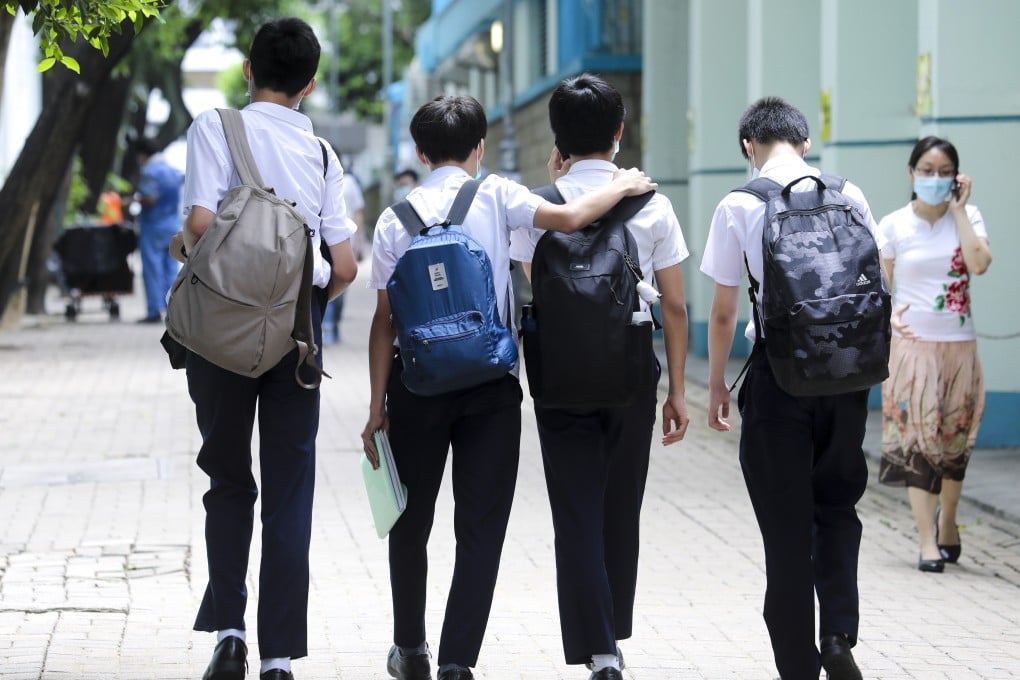Alarming rise in Hong Kong young people struggling with mental health issues amid Covid-19 pandemic, experts warn
- The Samaritans, which works to prevent suicides, says more than 70 per cent of those using its email services are students
- Professor Paul Yip, of HKU, says charities should engage early with young people in distress to reduce the suicide rate

Hong Kong is in the grip of an alarming rise in the number of young people struggling with emotional distress and suicidal thoughts during the coronavirus pandemic, sparked by school closures, feelings of isolation, family arguments, and uncertainty over the future, local charities have warned.
Three health organisations said they were turning their focus on services for young adults in response to the worsening situation.
The Samaritans, a suicide prevention charity, said more than 70 per cent of those using its email services were students, ranging from primary school to university level. It added the number of users having suicidal thoughts had doubled between June and September.
School closures, a sense of isolation and uncertainty about what the future held were the key issues in most cases, with arguments between parents and children, flowing from having to live together in enclosed spaces for prolonged periods, another factor.
“It is a matter of concern, because early intervention and talking to people is the first step to preventing a suicidal act,” said Karman Leung, chief executive of The Samaritans in Hong Kong.
